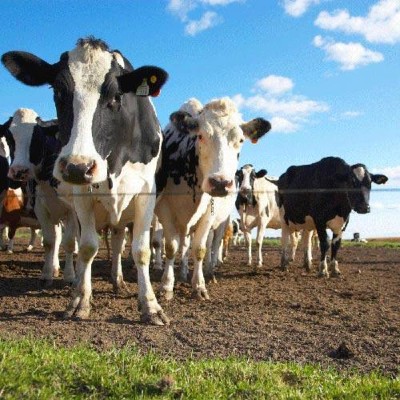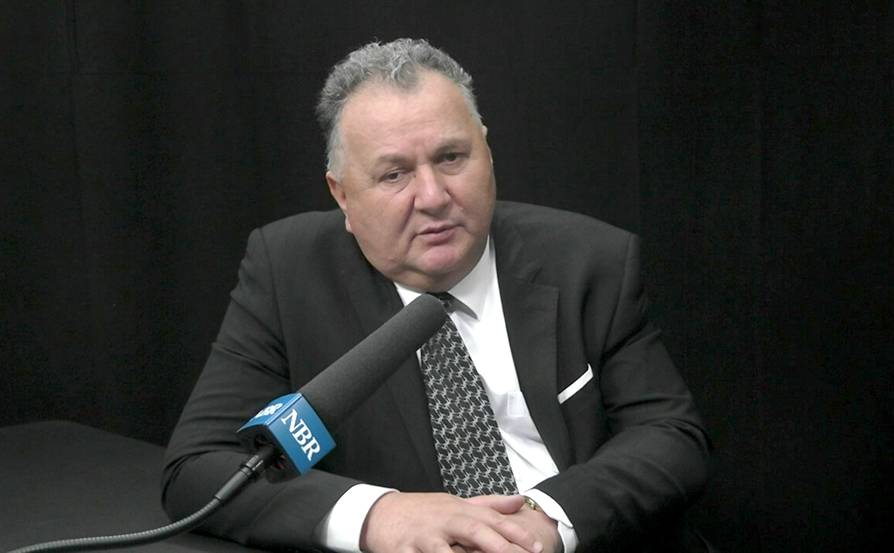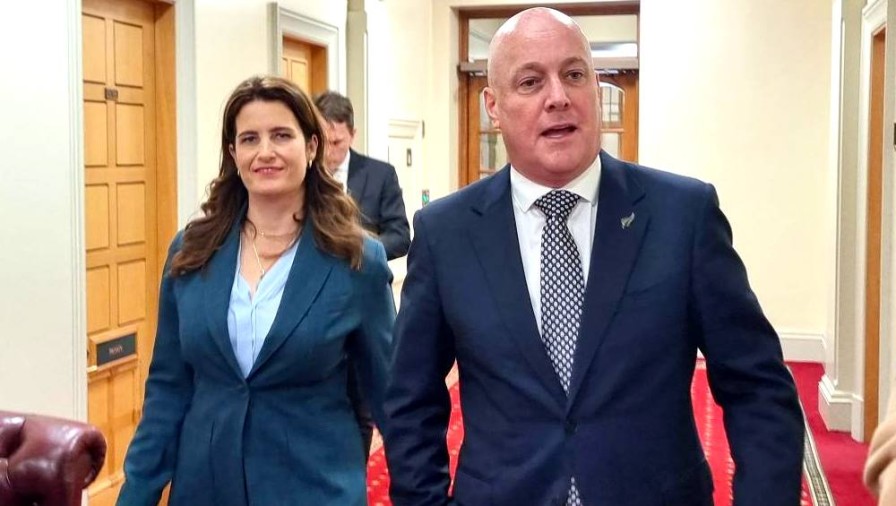Climate change changes, census inquiry, leaving the country
ANALYSIS: And Te Pāti Māori at centre of allegations about misuse of government data.
WATCH: NBR political editor Brent Edwards speaks with Grant Walker.
ANALYSIS: And Te Pāti Māori at centre of allegations about misuse of government data.
WATCH: NBR political editor Brent Edwards speaks with Grant Walker.
For climate change advocates, Government decisions announced this week were a further setback to progress they believe needs to be made to cut New Zealand’s greenhouse gas emissions.
The Government argues it remains committed to the climate change agenda even as it rolls back many of the initiatives its predecessor put in place to cut emissions.
This week, the coalition delivered its promise to give farmers a break over methane emissions and to open the door to more offshore oil and gas exploration. Both decisions were denounced by Greenpeace and Opposition parties as a step backward or, as Green Party co-leader Chlöe Swarbrick put it, kicking the “climate action can down the road” when it came to the decision on agricultural emissions.
In contrast, the Government’s announcement that agriculture would not go into the emissions trading scheme and that He Waka Eke Noa had been dumped was greeted warmly by farming groups.
Federated Farmers said the previous Government’s approach had a complete disregard for the costs it would impose on farmers and the coalition’s announcement gave farmers a lot of confidence for the future. Beef + Lamb and DairyNZ also welcomed the announcement, as did the Meat Industry Association.
But the MIA’s support for the decision came with a warning: “As a trading nation, we need to move in step with our export markets if we are to retain and grow access. The signals processors are seeing suggest we need to strengthen our agricultural emissions measurements, reporting, and management framework to do this,” the association’s chair Nathan Guy said.
It had been one of the arguments that former Agriculture and Trade Minister Damien O’Connor had put forward in defence of pricing on-farm emissions, saying that if New Zealand did not, it would start to be squeezed out of international markets, particularly in Europe.

Farming will not go into the emissions trading scheme.
Current Agriculture and Trade Minister Todd McClay said the previous Government had lost the confidence of farmers, so to restore that confidence, the Cabinet had formally agreed to disestablish He Waka Eke Noa, the primary sector partnership on climate change.
“It’s time for a fresh start on how we engage with farmers and processors to work on biogenic methane,” McClay said.
But the Government, which has the aspirational goal of doubling the value of exports in 10 years, must also be aware of the possible trade implications if New Zealand is not seen to be doing its bit to reduce on-farm emissions.
Climate Change Minister Simon Watts said the Government had committed $400 million over the next four years to speed up the commercialisation of tools and technologies to reduce on-farm emissions.
These include the development of a methane vaccine, breeding lower-emitting cattle, and accelerating the work of methane and nitrous oxide inhibitors, research that had proceeded under the Labour Government.
Earlier in the week, Resources Minister Shane Jones announced the reversal of the ban on offshore oil and gas exploration, something he had promised for months.
“When the exploration ban was introduced by the previous Government in 2018, it not only halted the exploration needed to identify new sources, but it also shrank investment in further development of our known gas fields, which sustain our current levels of use,” Jones said.

Resources Minister Shane Jones.
Greenpeace appeared unworried by Jones’ announcement, dismissing it as a pipe dream.
“Shane Jones is dreaming. The oil exploration industry won’t risk coming back to Aotearoa because they know it’s not worth coming all this way to fail again,” Greenpeace spokesperson Niamh O’Flynn said.
Jones himself told NBR last November that quite a few companies had been scared away, “possibly for good, sadly”.
It would presumably take a brave investor to put money into oil and gas exploration, given the cost and the time it takes and the likelihood that a future centre-left government would reintroduce the ban.
To make it more attractive, the Government is also changing the way petroleum exploration applications are tendered and allocated, aligning the petroleum decommissioning regime with international best practice, and improving regulatory efficiency.
But the Green Party described it as the latest example of the Government putting profit before people and the planet. “The climate crisis is the defining issue of our time. If Christopher Luxon is unwilling to look in the mirror and deal with the gap between his rhetoric and the reality of his Government’s actions, the least he could do is face up to the New Zealanders he’s selling down the river,” Swarbrick said.

Green Party co-leader Chlöe Swarbrick.
Meanwhile, Luxon announced at his post-Cabinet news conference this week that he and Public Service Minister Nicola Willis had directed the Public Service Commission to initiate an independent inquiry into allegations that information collected for last year’s census had been inappropriately used by Te Pāti Māori.
That is just one of a number of allegations about activities at Auckland’s Manurewa Marae, whose chief executive at the time was Te Pāti Māori candidate and now MP Takutai Tarsh Kemp. It is also alleged that information picked up during the Covid-19 vaccination drive by the Waipareira Trust, which is run by Te Pāti Māori president John Tamihere, was also used by the party to target potential voters. That allegation has been made by the Labour Party.
Te Pāti Māori has rejected the allegations and has requested the police to investigate.
Luxon noted that, as well as the police investigation, the Privacy Commissioner and a range of government agencies with an interest in the matter – including the Electoral Commission and Statistics New Zealand – were all looking into it.
Stats NZ’s investigation into the alleged misuse of census forms is being led by independent investigator Doug Craig. But that is not good enough for the Prime Minister.
“Public confidence in the response to these allegations is paramount. There must be independent oversight of the whole picture of government agency activity. Agencies shouldn’t be left to review these allegations themselves,” he said.
Luxon said the inquiry would look at what safeguards agencies had in place to protect personal data and how they managed real or perceived conflicts of interest.
“If the allegations are true, the way data could be so easily shared between organisations through people wearing multiple hats would be of great concern,” he said.
There is a lot at stake, no more so than for Te Pāti Māori but also for the integrity of government agencies and the trust the public can have in them.

PM Christopher Luxon and Public Service Minister Nicola Willis directed Public Service Commission to investigate allegations involving Te Pāti Māori.
This week Luxon also hosted Chinese premier Li Qiang, the first visit by a Chinese premier since 2017. Then, at the weekend, he jets off on another trip, this time to Japan, accompanied by a business delegation as he continues to try to sell New Zealand to the world.
But the Prime Minister is not the only New Zealander leaving the country. Statistics for the year to the end of April showed 130,600 Kiwis left the country to live elsewhere, mainly in Australia, a new annual record. Apparently the grass is greener on the other side of the Ditch.
On the positive side, 229,100 immigrants came to New Zealand, giving the country an annual net gain of 98,500.